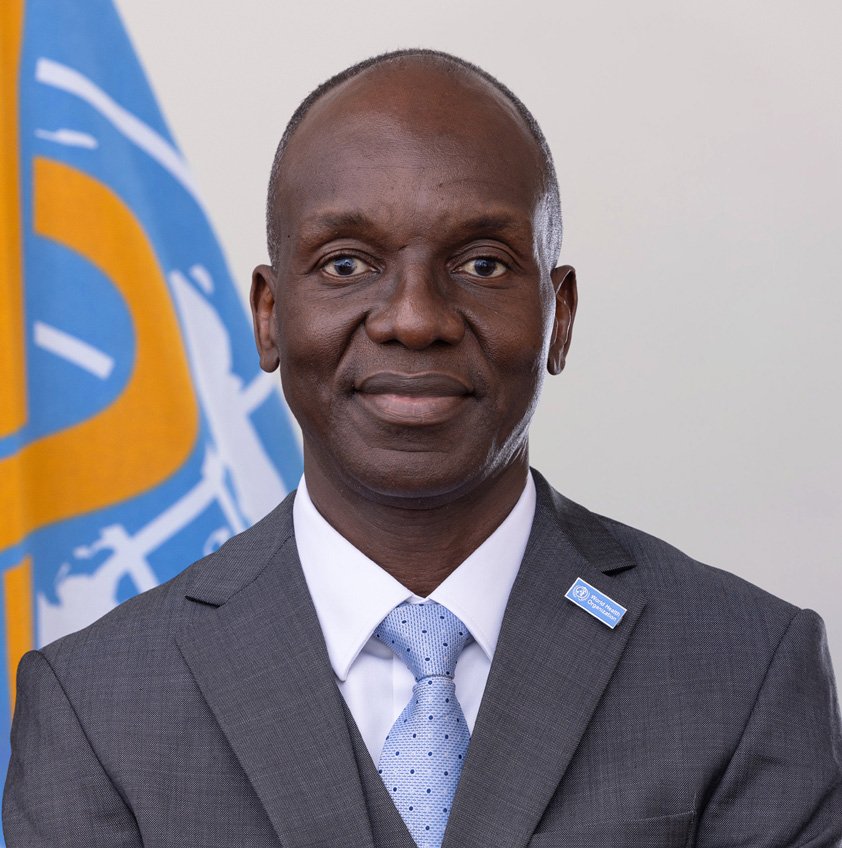
WHO Regional Director for Africa, Dr. Mohamed Janabi
ABUJA, Nigeria – Africa faces a critical setback in its quest to eliminate cervical cancer as the World Health Organisation (WHO) warns that persistent gaps in vaccination, screening, and treatment threaten to slow progress.
The caution comes as countries mark World Cervical Cancer Elimination Day 2025, a symbolic reminder of a preventable disease still claiming thousands of African women each year.
In a message on Monday, WHO Regional Director for Africa, Dr Mohamed Janabi, says the continent cannot afford complacency. “We have the knowledge, the tools, and the momentum, but progress is not yet victory,” he states. He describes cervical cancer deaths as “unnecessary and preventable,” urging governments to scale up interventions for women and girls across all communities.
Although 32 African nations have now included the HPV vaccine in their national immunisation schedules — reaching nearly half of eligible girls — WHO stresses that vaccination alone is insufficient. Screening and treatment access remain patchy, especially in remote and under-resourced areas where health facilities lack equipment, trained staff, and consistent supply chains.
Dr Janabi highlights initiatives such as the Women’s Integrated Cancer Services (WICS), first presented to health ministers at the Seventy-fifth Session of the WHO Regional Committee, as a model for expanding cervical and breast cancer services across rural and urban settings.
He also acknowledges support from global partners including the International Atomic Energy Agency (IAEA), the International Agency for Research on Cancer (IARC), and the Government of Spain. These partnerships, he explains, are strengthening cancer workforce development, diagnostic infrastructure, and national control strategies.
Despite these efforts, Dr Janabi insists that urgency must not fade. “Elimination is within reach, but only if every girl and woman — irrespective of where she lives or how much she earns — can access vaccination, screening, and timely treatment,” he says.
He calls on African leaders to fully implement the three pillars of the Global Strategy for Cervical Cancer Elimination: widespread HPV vaccination, twice-in-a-lifetime screening, and accessible treatment for precancerous and invasive disease.
“The future of women’s health must be seen as a rights issue, not a luxury,” he concludes. “We must invest, collaborate, and commit until no woman dies from a cancer; we have the power to prevent.”




